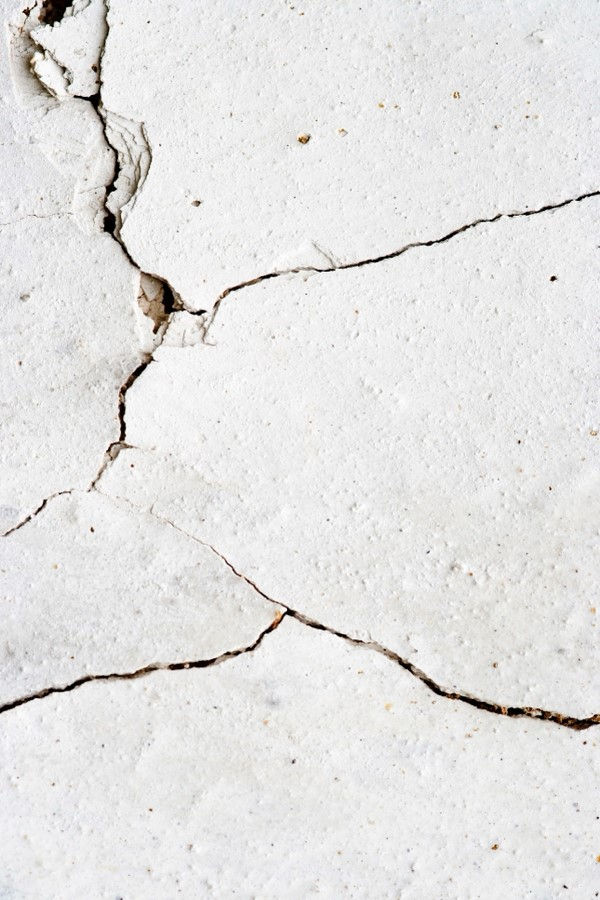Personal Liability for Defect Rectification Costs
- Ron Zucker, Eollyn Cortes, Sagang Chung and Julia Zou
- Jul 29, 2024
- 3 min read
Updated: Nov 11, 2025
The NSW Supreme Court has confirmed in Kazzi v KR Properties Global Pty Ltd t/as AK Properties Group [2024] NSWCA 143 (Kazzi Case), that a sole director of a building company is personally liable for defect rectification costs pursuant to section 37 of the Design and Building Practitioners Act 2020 (NSW) (DBP Act) in relation to residential building project(s).

The DPB Act established under Part 4, that individuals and companies owe a statutory duty of care to the owner and subsequent owners of land where construction is being carried out to avoid economic loss caused by defects. This duty of care applies to a person who carries out construction work in or related to a Building. Section 1.4 of the Environment Planning and Assessment Act 1979 defines Building as any part of a building and includes any structure or part of a structure.
The previous cases of Goodwin Street Developments Pty Ltd atf Jesmond Unit Trust v DSD Builders Pty Ltd (in liq) [2022] NSWSC 624 and Roberts v Goodwin Street Developments Pty Ltd [2023] NSWCA 5 confirmed that building practitioners, such as directors and project site supervisors, can be found personally liable for damages under section 37 of the DBP Act and the recent case of Kazzi Case further confirms this.
Facts
KR Properties Global Pty Ltd and AS Coaching Pty Ltd ATF Calm Properties Unit Trust (Owners) entered a contract with Oxford (NSW) Pty Ltd (Builder), to build a 6-unit residential apartment building (Contract). Elankeeran Eswaran and Ashay Sharama (Guarantors) guaranteed the fulfilment of the Owner’s obligations under the Contract by way of a Deed of Guarantee and Indemnity with the Builder. The Builder brought proceedings against the Owners and Guarantors to recover the amounts claimed under nine invoices. The Owners filed a crossclaim seeking:
(a) contractual damage from the Builder for costs incurred to complete and rectify defective works;
(b) Hungerfords interest (i.e. interest paid because of the Builder’s delay to complete the works); and
(c) damages under section 37 of the DBP Act against the sole director and shareholder of the Builder, Peter Kazzi (Mr Kazzi).
Note: Hungerfords interest, from the case Hungerfords v Walker (1989) 171 CLR 125, are damages that represent loss sustained and calculated by reference to a rate of interest.
Issues
Was the Builder entitled to payment of the invoices?
Were the Owners entitled to contractual damages for defective and incomplete works?
Were the Owners entitled to Hungerfords interest?
Were the Owners entitled to damages from Mr Kazzi under section 37 DBP Act?
Held
The Court held that:
The Owners were not required to pay the nine invoices on the basis that the Builder left a substantial portion of the work incomplete and defective. The Contract provided that payment for works for a particular stage were only due once the preceding stages had been completed.
The Owners were entitled to contractual damages given that the Builder was responsible for both defective and incomplete works under the Contract.
The Builder argued that clause 30 of the Contract limited liquidated damages to $200.00 per day, and common law remedies were excluded. The Court found that the Owners were entitled to Hungerfords interest as the Contract did not contain clear unequivocal words required to remove the right to common law remedies.
For the purposes of the DBP Act, Mr Kazzi was a person who supervised and had substantive control over the building work at the site on the basis that he was able to control how the work was carried out. Defects were therefore a result of decisions made by Mr Kazzi. However, Mr Kazzi could only be liable for defective works as opposed to incomplete works.
Key Takeaways
The Kazzi Case demonstrates an emerging trend that building practitioners including directors and project site supervisors can be held personally liable for defective works under the duty of care provisions in section 37 of the DPB Act. Building practitioners should be aware of the potential personal liability under the statutory duty of care in the DBP Act.
The Court reiterates that when seeking damages, proof of damages must provide certainty and particularity as is reasonable. By applying this principle, the Court found that the Owners can only claim for damages against Mr Kazzi for recertification works given that the reasoning submitted to the Court by the Owners for allocating costs as either rectification or completion costs was unclear.
If you require legal advice on your specific situation, please contact one of our people:
Eollyn Cortes 0478 727 395
Sagang Chung 0431 435 333






























Comments